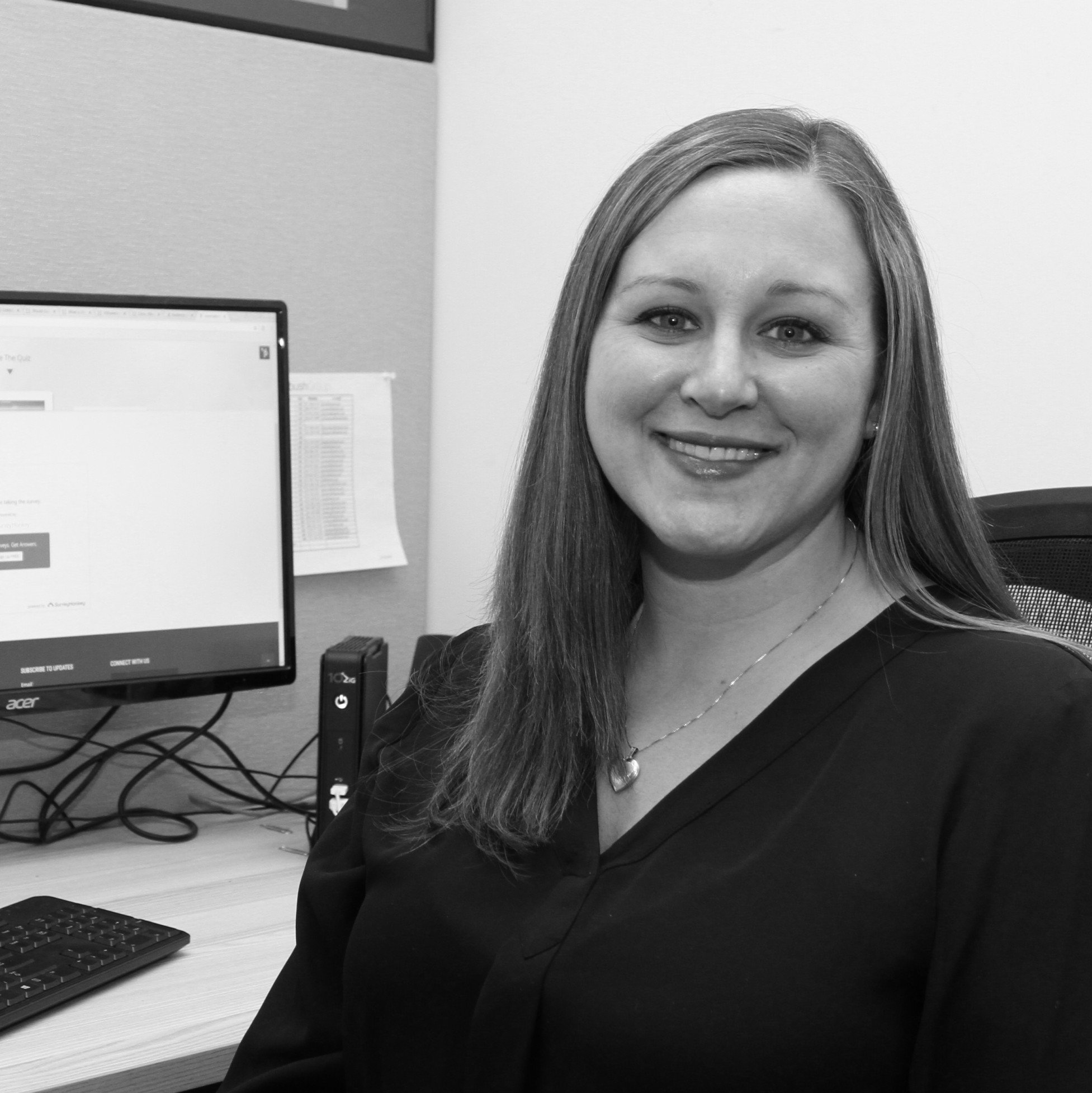Businesses are increasingly storing data in the cloud. Over the next decade, the global cloud computing market is expected to expand at a compound annual growth rate of 16.8%, from $629.5 billion in 2023 to $2,974.6 billion in 2033, according to Market.us. By adopting cloud-based technologies, companies realize multiple advantages, including superior flexibility, ease of access, scalability, and, in many cases, enhanced security. Below are some considerations to ensure the safety of your data in the cloud.
Private vs. Public Cloud
Third party providers offer cloud solutions over the internet using either a public cloud or a private cloud model. Public cloud services are dominated by global companies like Google, Microsoft, and Amazon, which offer a wide range of cloud services that include data storage, email, documents, websites, and more. Google’s Gmail and Microsoft’s Outlook – the email solutions of choice for many businesses and individuals – are examples of public cloud solutions. For videoconferencing, many companies turn to popular public cloud-based solutions like Zoom or Microsoft Teams. These public cloud providers have massive infrastructures, which are shared by millions of users.
By contrast, with private cloud, the cloud environment and resources are accessible to only one company or organization. Though a private cloud provider will service multiple clients, it will provide each client with its own private “cloud” – a private network where all services and infrastructure are dedicated strictly to that one company.
Security in Public vs. Private Cloud
Compared to public clouds, private cloud solutions generally offer superior support and customization capabilities as well as enhanced security features. Because public cloud providers have complex infrastructures shared by many users, you have no control over which hardware your environment sits in, who shares that environment, and how secure the network connections are. A private cloud solution gives you more control over your company’s cybersecurity features – which begins with choosing a provider that follows best security practices.
Questions to Ask Private Cloud Providers
When you interview private cloud providers, inquire if they own their own infrastructure, thus enabling them to have complete control over the systems they host. The provider’s private cloud should operate from multiple data centers that are N+1 level facilities with multiple layers of security, including biometric access controls and military-grade encryption. Verify that the cloud service provider’s facilities are third-party audited and meet all compliance standards required by your industry and the industry of your clients. Ensure that the provider implements multi-layered security measures that include patch management, anti-virus, anti-malware, secure DNS, 24x7x365 monitoring, security audits, strong password policies, and multi-factor authentication (MFA).
Because data backup and business continuity services are vital considerations, inquire about the provider’s data backup policy and restoration capability, and ensure backups are stored in a separate location from primary data. And because your employees are the first line of defense in preventing a cyber attack, inquire if the private cloud provider offers regular education and training for client teams on current and emerging cyber threats. Unlike public cloud providers, you can readily collaborate with your private cloud provider to customize security features based on your organization’s unique needs.
The Emergence of Desktop as a Service (DaaS)
The widespread transition to flexible workplaces during the pandemic increased businesses’ need for accessibility and security in their IT systems. This trend accelerated the adoption of Desktop as a Service (DaaS), which checks both boxes.
Offered by some private cloud service providers, DaaS moves a company’s servers, desktops, applications, and files to the provider’s secure private cloud. A familiar Windows desktop is streamed to users over the internet, allowing them full access to all of their applications and files from any device and any location. With DaaS, users can work on a file on one device in the office and pick up exactly where they left off on another device at home. This seamless accessibility and flexibility allows employees to work just as productively from home as they would in the office.
Remote and hybrid workplaces add vulnerabilities to a company’s IT system by increasing potential entry points into the network. As such, companies need cybersecurity that stretches beyond their four walls to wherever employees are working and whatever device they are using. With DaaS, all connections take place within the cloud provider’s secure private cloud, protecting your data regardless of whether your employees are working at home, in the office, or on the go.
Tabush Group is a leading provider of secure Cloud-Based IT Solutions for small to midsize businesses. To learn more about how Boxtop, our DaaS solution, can make your firm’s operations more efficient and secure, contact us.









